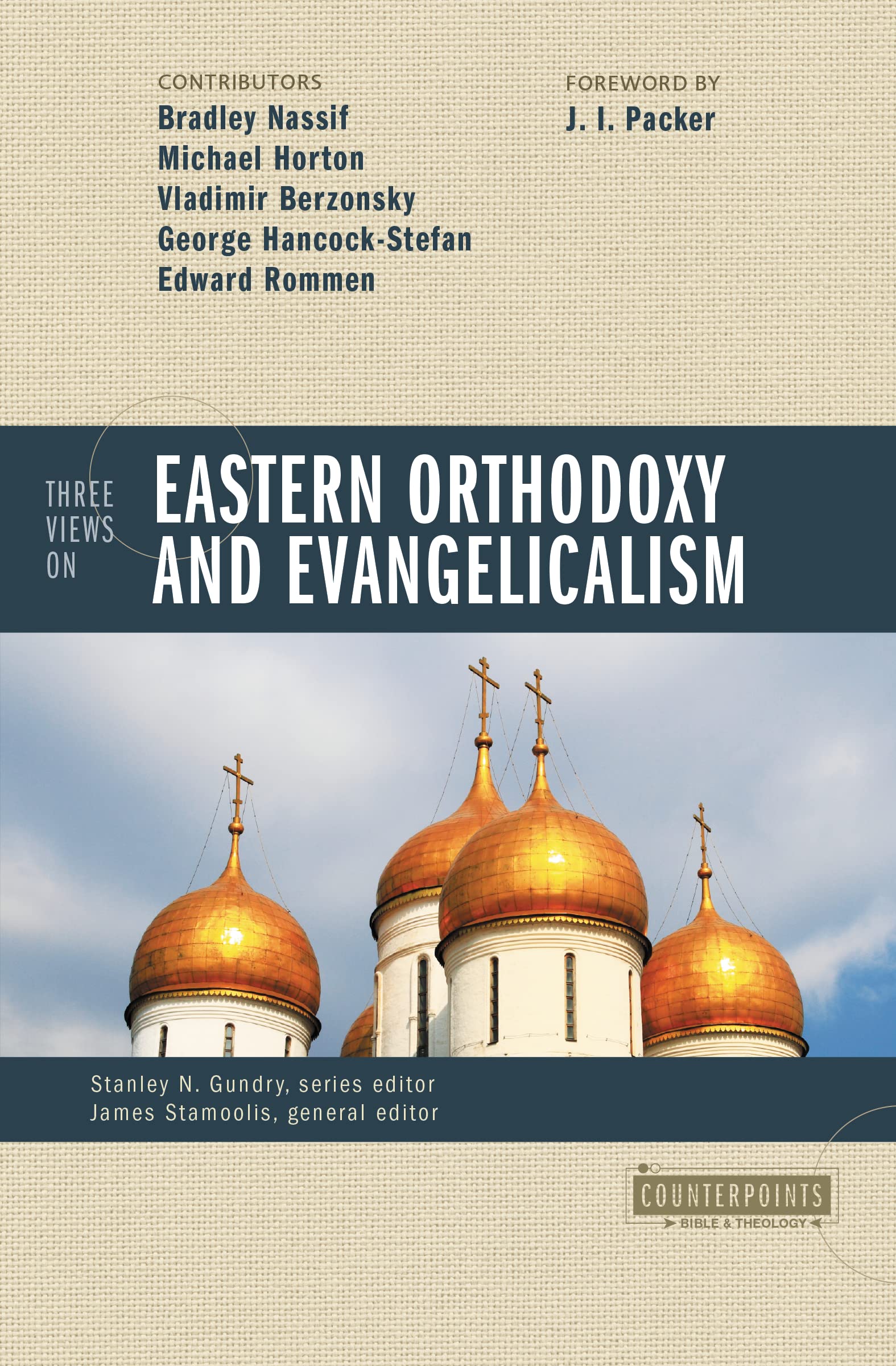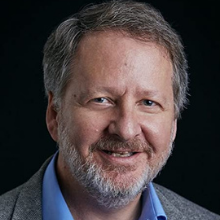Customer Services
Copyright © 2025 Desertcart Holdings Limited
Desert Online General Trading LLC
Dubai, United Arab Emirates


Full description not available






P**K
Informative and enlightening
The book is composed of essays that examine the differences and similarities between Eastern Orthodoxy and Evangelicalism. As one who works in both the Evangelcal and Orthodox worlds I found this format to be benefical. In addition to this topic being a difficult topic in and of itself the generalities are often broad. Eastern Orthodoxy has a variety of expressions that range from Ethiopian to Russian. Evangelicalism is all over the map from Pentecostal to Reformed, and everything in between. For the most part (I speak in broad terms) the Orthodox view in this book is Eastern European, while the Evangelical views are mostly American Reformed. The book is written in a format that allows free expression of ideas in the form of essays and an opportunity for agreement and rebutal by the other essay writers. It is an easy read and very informative. There is common ground on the Gospel and I believe both Orthodox and Evangelical readers will find the book to be encouraging to our common faith. The most striking difference between Orthodoxy and Evangelicalism is the view of the atonement and the doctrine of salvation. Orthodoxy can learn from Evangelcialism in their zeal for the Gospel and salvation by faith apart from works. Evangelicals can learn from Orthodoxy concerning the doctrines of Christ and His incarnation. Far from being enemies the reader will find that we are brothers in Christ.
M**N
A worthwhile read
I found this volume to be excellent on the whole, particularly contributions by Nassif, Horton and Rommen, with Stefan-Hancock's more visceral challenge from experience on the differences between Orthodox treatment of Evangelicals in the West vis-à-vis in lands in which the Orthodox are more dominant. A significant omission was the absence of any voice from the Pietist/Holiness/Methodist/Wesleyan side of the Evangelical spectrum, with which the are some further parallels with Orthodox theology, in not ecclesiology.
M**S
Five Stars
Very interesting analysis of similarities and differences between Eastern Orthodox theology and evangelical theology. Well done.
J**J
First 100 pages...
I'm giving this book five stars because of the first section. Nassif does an incredible job at showing how Eastern Orthodoxy is basically the epitome of the criterion for Evangelicalism, as defined by Evangelicals. The scheme he uses is the Bebbington quadrilateral, which may be becoming dated, but is still quite useful. The other sections are hit or miss, but Nassif covers most of what anyone would need to know for such an introduction to the dialog.
C**N
Insightful and Well Educated Scholars.......Well, Almost
This book gets four stars because of both the great idea of comparing the two Christian traditions and Bradley Nassif. The other authors were very unprepared for the book. Michael Horton does the best job of the evangelicals but still gets some aspects of Orthodox theology wrong. Vladimir Berzonsky was the worst writer by far because he equated all evangelicals with Anabaptists in their theological views (particularly with the Sacraments). This is not his fault though, because the book itself does a horrible job explaining what evangelicalism is.The two evangelicals are (I think) Baptist and Presbyterian (or Reformed), but there are huge differences in these traditions, and I am truly shocked that none of the writers were Confessional Lutherans even thought the historical meeting between the Patriarch of Constantinople and the Lutheran scholars of Tubingen is brought up in nearly every chapter. This means no writer defends the view of Lutherans that the bread and wine in the Sacrament of the Lord's Supper have the real presence in them after they are blessed (with the exception of Dr. Nassif who also understands that the term usually applied for this which is Consubstantiation is a very poor term nearly no competant Lutheran and/or Episcopal scholar uses)!Nassif also used the best methodology in his analysis of doctrine (that of Christological Maximalism) thus showing many views, particularly of the Sacraments (if I may dare call them that) in the evangelical churches were argued over in the past by councils who found such views contrary to the doctrine of the Trinity and the Incarnation which all branches of non-heretical Christianity accept.My review should not be seen as a praise of just the Orthodox. Nassif happens to be an Orthodox writer who was at one time an evangelical and it shows in the quality of his presentation (even though I would say he should have made his position a maybe). The worst writer, Berzonsky both commits the aforementioned oversimplification but he also made it seem as if all the differences between the two were the lack of tradition (which in some ways I agree with), but also the denial of the council in which the iconodules won over the iconoclasts, which not all evangelicals would disagree with (i.e., not all evangelicals are iconoclasts.....i.e. me).Overall I think that the book should have been much longer and should have been much more thought out by the last four writers. Nassif gets the gold medal....everyone else needs to repeat Seminary, or really read and try to understand either "The Orthodox Church" by Bishop Kalistos Ware (and the Philokalia for the mystically minded) or Calvin's "Institutes of the Christian Religion" (and Luther's Large Catechism and the Book of Concord).This book is worth it for the first chapter. The responses are just kissing up to each other....usually :-).
Trustpilot
2 days ago
2 weeks ago